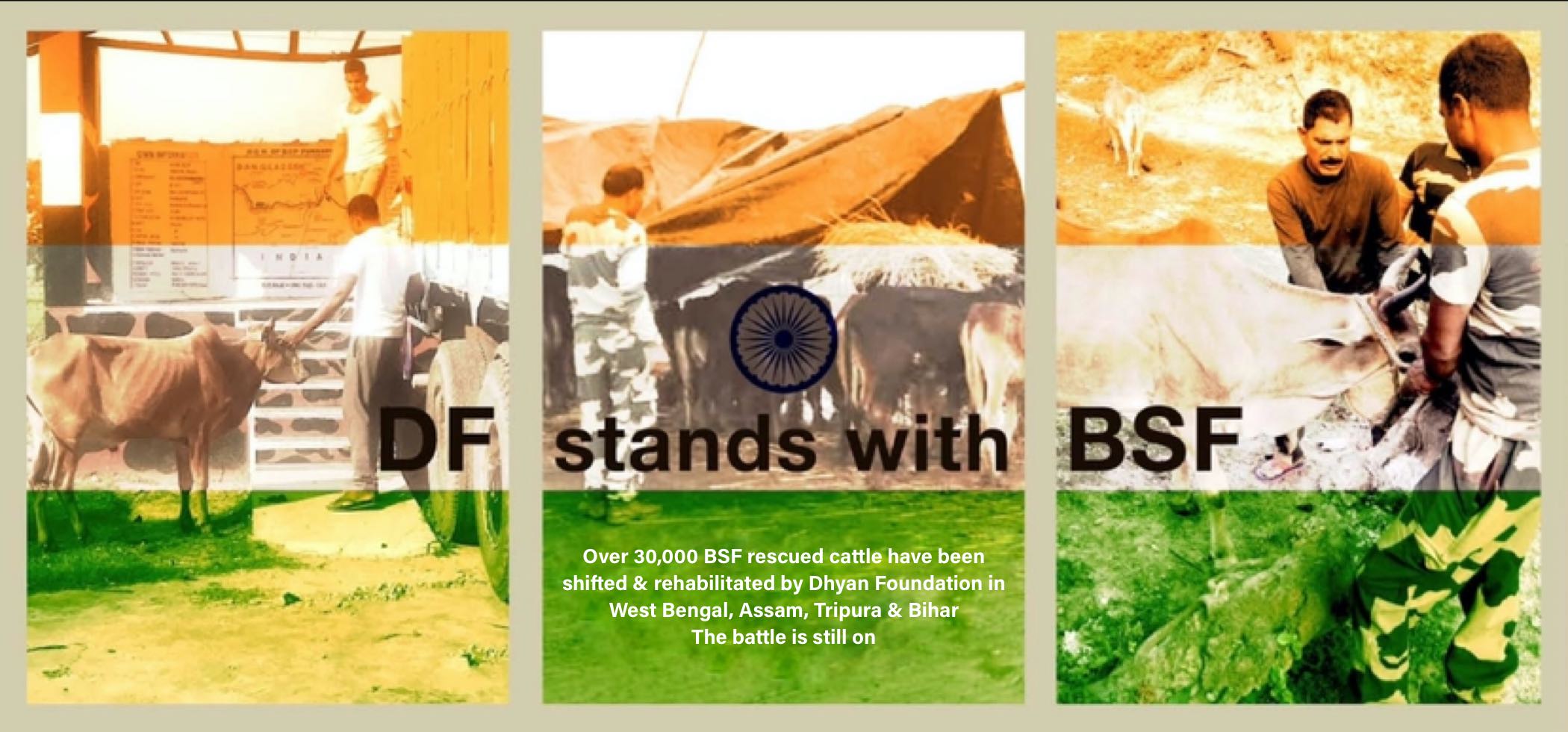Each year, the world produces 60 billion tons of plastic, including nearly 5,000,000,000,000 (trillion) plastic bags. The plastic does not biodegrade and finds its way to every place possible. Plastic today is ubiquitous, from the heaps at Mount Everest, to the debris in the world oceans, from the garbage dump next to your house to the intestines of the animals who feed on that garbage.
According to United Nations Environment Programme estimates, there are 46000 pieces of plastic litter floating in every square mile of the world oceans, that is, there is 6kg of plastic for every 1kg of planktons! Plastics in the ocean resemble jelly fish and unable to tell the difference, the endangered sea turtles consume them leaving us short of 100,000 sea-turtles every year. The sea birds through years of evolution have come to conclude that ‘if it is in the ocean, it is food,’ even if it is the plastic floating on the surface water…and their population goes down by a million every year. Humans can read the warnings on a plastic bag – “keep away from children,” seals cannot. According to Greenpeace at least 267 marine species have suffered from getting entangled in or ingesting marine debris, of which 90% is plastic. (The plastic clogs the intestines of animals that ingest it resulting in death by starvation; those that get entangled in it drown or are unable to fly.)
Even when they photo-degrade in landfill, the plastic from single-use bags never goes away, and toxic particles can enter the food chain when they are ingested by unsuspecting animals. In Burkina Faso, 30% of the grazing animals die due to plastic poisoning. At Dhyan Ashram, we rescued a sick calf from the street, only to find 16kgs of plastic in its stomach! A plastic bag can kill numerous animals because they take so long to disintegrate. An animal that dies from the bag will decompose and the bag will be released, another animal could harmlessly fall victim and once again eat the same bag.
The floods in Bangladesh in 1988 & 1998 were made more severe because plastic bags clogged drains. The government has now banned plastic bags. The Irish government introduced a 15c plastic bag tax which brought down their use by 90% in the country. In the West, there has been a move towards development and use of biodegradable plastics, most of the plastic used in the western countries is biodegradable. On the other hand, in Delhi, despite a blanket ban on traditional plastic bag sale, storage and use they are being used rampantly by one and all. It is time that the leaders and politicians of the country wake up to this menace.
But before you jump on to using cloth and paper bags instead of plastic to save the environment, be informed, that a paper bag comes at the cost of cutting millions of trees, consumption of thousands of gallons of precious water and use of toxic chemicals like sulphurous acid and a cotton bag too uses up much of the natural resources and is not clean of impregnating our environment with chemicals. In fact, from the point of view of viability of production, use and distribution and optimum utilization of resources, it takes over 150 reuses of a cotton bag and 6-7 reuses of paper bag to match up to its plastic counterpart.
So the question is not just about plastic or paper or cotton or any other, the question is do you really need that shopping bag?
YOUR TURN
- Carry your own shopping bag/basket/rucksack etc.
- Stop accepting and providing shopping bags – plastic, paper or any other, unless it is absolutely required
- Reuse your shopping bags. While reusing, ensure that they are clean and free of germs and infection
- Dispose of your plastic responsibly. Find out a plastic recycling unit/agency near you, collect and donate your plastic to them
- Upcycle. There are plenty DIY creative techniques all over the internet using which you can upcycle your plastic bags and prevent them from reaching the garbage dumps/oceans
- Recycle. You may make your own cloth bags using old t-shirts, pillow-cases etc., instead of purchasing a new one every time, which is more taxing on the environment than a single-use plastic bag.





